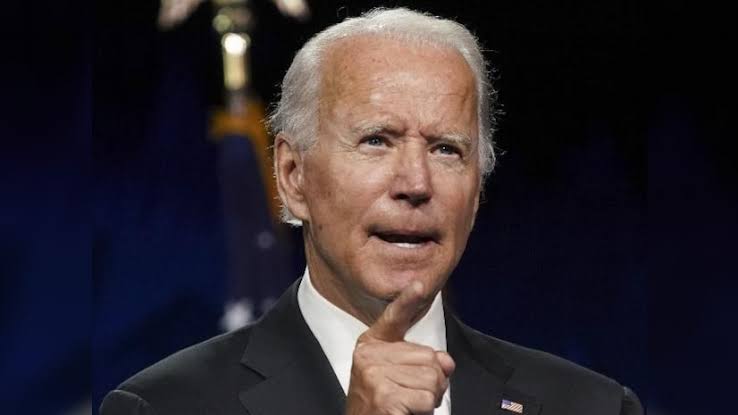The Biden administration’s decision to allow the permissions for hundreds of thousands of immigrants from Cuba, Venezuela, Haiti, and Nicaragua to expire has sparked significant concern.

This move could impact their legal status in the U.S., forcing many to return to their home countries unless new protections or legal adjustments are made.
In January 2023, President Biden introduced the "Processes for Cubans, Haitians, Nicaraguans, and Venezuelans" (CHNV) program, offering up to 30,000 nationals from these countries the chance to come to the U.S. under “humanitarian parole.”
This program was designed to address humanitarian crises in these countries while simultaneously limiting the number of asylum seekers at the U.S.-Mexico border.
Applicants needed a U.S. sponsor and had to pass a background check, and in return, they could live and work in the U.S. for two years.
However, this new policy restricted access to asylum at the border, permitting the expulsion of those who crossed without authorization into Panama, Mexico, or the U.S. after certain dates.
For example, migrants from Venezuela who entered after October 2022 were not eligible for the parole program.
Similarly, for nationals from Cuba, Haiti, and Nicaragua, unauthorized entries after January 2023 would disqualify them from the program.
With over 1.5 million applications, the CHNV program has exceeded expectations.
To manage the surge, the U.S. Citizenship and Immigration Services (USCIS) implemented a lottery system for selecting applicants, with half of the monthly slots chosen randomly.
However, the program is temporary, offering no permanent legal status, meaning the current lapse of these permissions could leave thousands vulnerable to deportation unless the Biden administration renews or adjusts these provisions.
The decision to allow these humanitarian paroles to lapse is part of the Biden administration’s strategy to control migration at the southern border.
The legal status of immigrants from these countries is now in question as their permissions run out.
Many advocacy groups argue that without a legal pathway for these immigrants to remain in the U.S., this could lead to a humanitarian crisis.
Notably, the administration’s move comes at a politically charged time.
Immigration policy has been a contentious issue during Biden’s presidency, with Republicans advocating for stricter border control, while Democrats push for comprehensive immigration reform.
The lapse in protections for immigrants from these four countries could fuel further political debate leading up to the 2024 elections.
There is significant attention on whether the Biden administration will extend these paroles or introduce new measures to protect these vulnerable groups.
Some analysts suggest that humanitarian parole could be replaced with other programs offering more stable paths to permanent residency.
However, no clear announcements have been made, and it remains uncertain how these issues will unfold.
For now, the lapse of these permissions could have severe implications, as immigrants from these countries may face deportation back to unsafe conditions.
This situation has led to increased searches for immigration policies, particularly regarding the future of the CHNV program and possible extensions.
